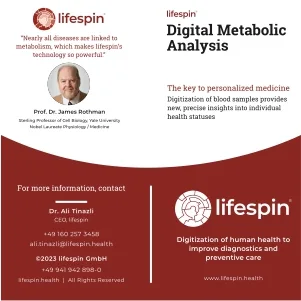Hypertension, also commonly known as high blood pressure, is a condition characterized by persistently elevated blood pressure in the arteries. Blood pressure is measured using a sphygmomanometer in millimeters of mercury or mmHg, the two numbers that reflect it are systolic pressure, the higher number which indicates pressure in the arteries when the heart beats and the diastolic pressure which is the lower number indicates the pressure when the heart is at rest in between beats. According to WHO hypertension is characterized as a blood pressure reading greater than 140/90 mmHg.
It is crucial to attempt lifestyle modifications before being prescribed and starting medications to control hypertension as these medications must be taken for the rest of one’s life once they are started. Provided that the chief cause of high blood pressure is established as primary hypertension and all other potential causes of the elevated blood pressure are ruled out using the necessary diagnostic tests.
The lifestyle modifications that can be done are below
- Weight Management – Obesity and excess weight might raise the risk of hypertension. A balanced diet and regular exercise will help you lose weight, which will dramatically reduce blood pressure.
- DASH Diet – DASH (Dietary Approaches to Stop Hypertension) diet is a diet specifically targeting blood pressure regulation. Blood pressure can be considerably lowered by eating a diet high in fruits, vegetables, whole grains, lean protein, and low-fat dairy products.
- Salt Reduction – A high salt diet has been associated with elevated blood pressure. Blood pressure can be lowered by consuming fewer than five grams (or one teaspoon) of salt (sodium chloride) each day.
- Adequate Sleep – Blood pressure can be adversely affected by poor-quality sleep. strive for seven to nine hours of restful sleep every night. Sleep is supposed to assist the body in modulating the hormones that regulate stress and metabolism. Overtime changes in hormones can cause high blood pressure and other heart disease risk factors.
- Stress Management– High blood pressure may be a result of ongoing stress. Stress management methods include deep breathing, yoga, meditation, and frequent exercise.
- Physical Activity– Regular physical activity can help lower blood pressure. Examples of such activities are jogging, cycling, swimming, or brisk walking for at least 150 minutes a week, or roughly 30 minutes most days of the week.
- Limit Alcohol Intake – Unhealthy levels of blood pressure are a result of excessive alcohol consumption. It is recommended to consume alcohol in moderation, if at all. This translates to a maximum of one drink per day for women and two drinks per day for males.
Quit Smoking – Smoking increases the risk of heart attacks and strokes as well as elevated blood pressure. Giving up smoking reduces this risk.
- Limiting Caffine – Although its exact involvement in hypertension is still up for debate, if caffeine makes your blood pressure noticeably higher than usual, you should try reducing your intake.
- Magnesium Supplements – The bottom number in a blood pressure reading, known as the diastolic blood pressure, can be lowered by roughly 2 mmHg by taking magnesium.
- Regular Screening – Getting regular check-ups from your healthcare practitioner will help you effectively monitor and control your blood pressure.
Also Read : Empowering Lives through the UAE’s New Legislation on Mental Health

It’s crucial to remember that these lifestyle adjustments should be customized to each person’s unique health circumstances. It’s also always advised to speak with a healthcare provider before making big lifestyle changes, particularly if one has hypertension or other underlying medical issues.












